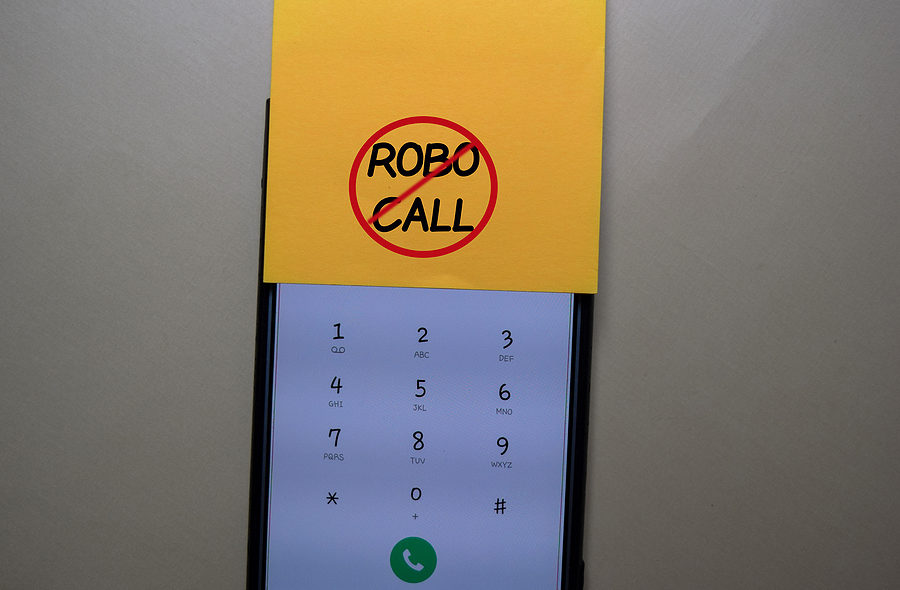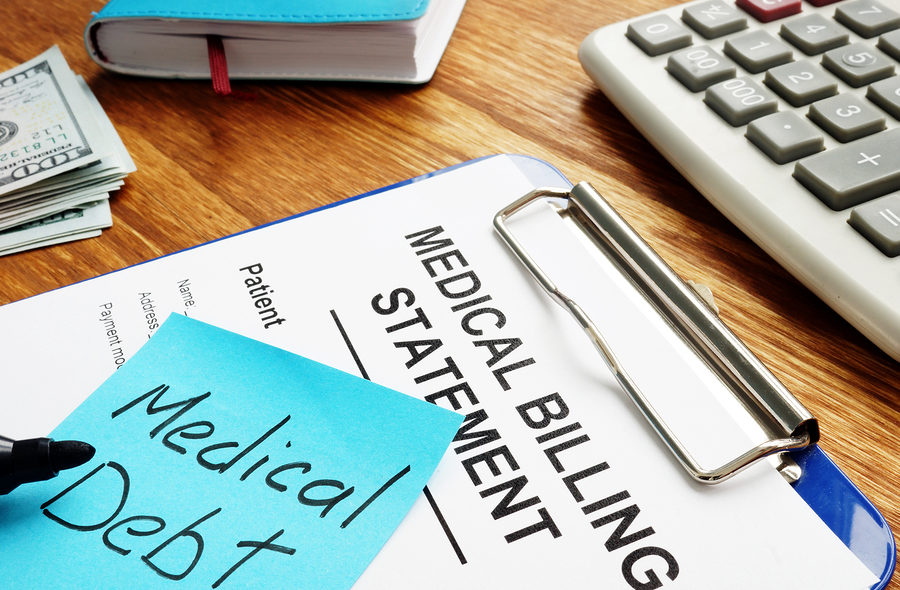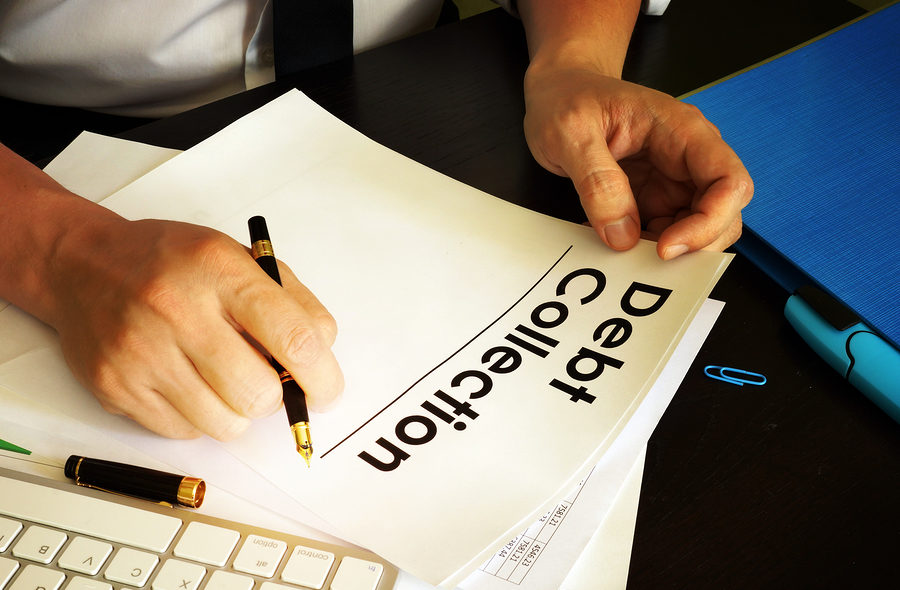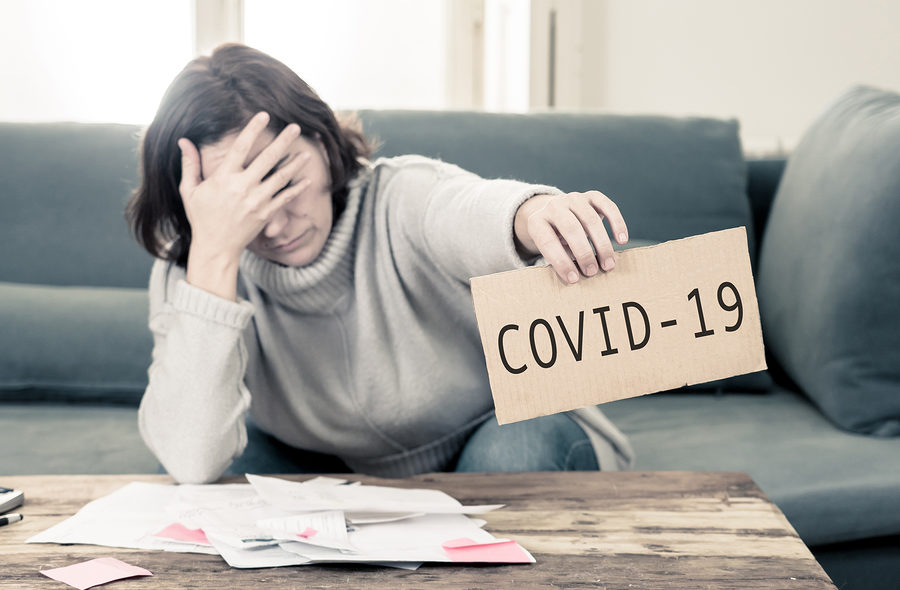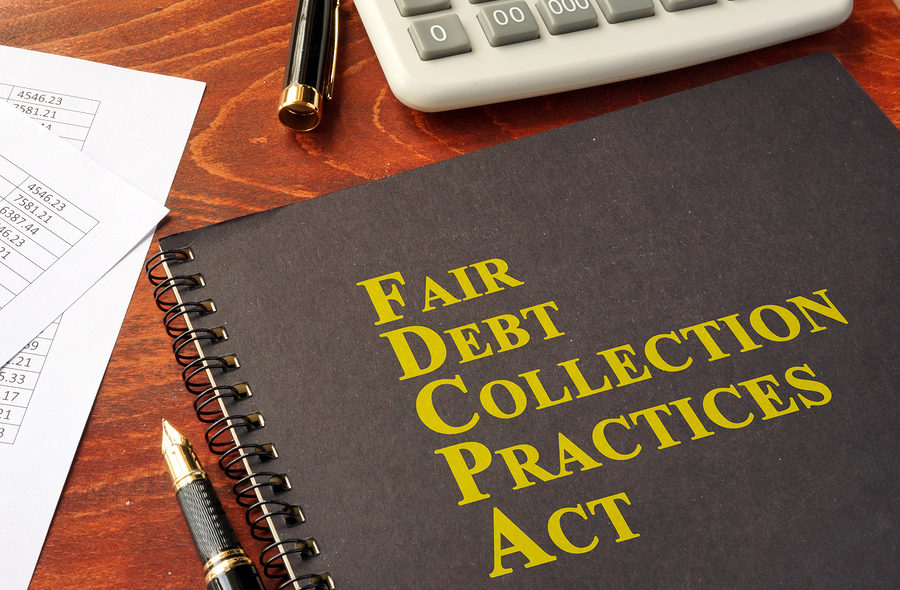The U.S. Supreme Court issued a ruling this week that upheld a federal ban on robocalls to mobile devices. The ruling issued by the court broadened the ban, eliminating a 2015 exception that previously existed for government-debt collection while keeping the original 1991 robocall ban intact.
The matter came before the court in Barr vs. American Assn. of Political Consultants. Due to the coronavirus pandemic, the case was ironically argued remotely via telephone. The ban was originally created by the 1991 Telephone Consumer Protection Act, which issued fines up to $1,500 for any call or text placed to a mobile phone without prior consent by use of an automatic, robocall dialing or automated voice messaging system. The issue at hand arose after Congress created an exception to the law in 2015, that allowed for automated robocalls to consumers who owed debt to the U.S. government.

